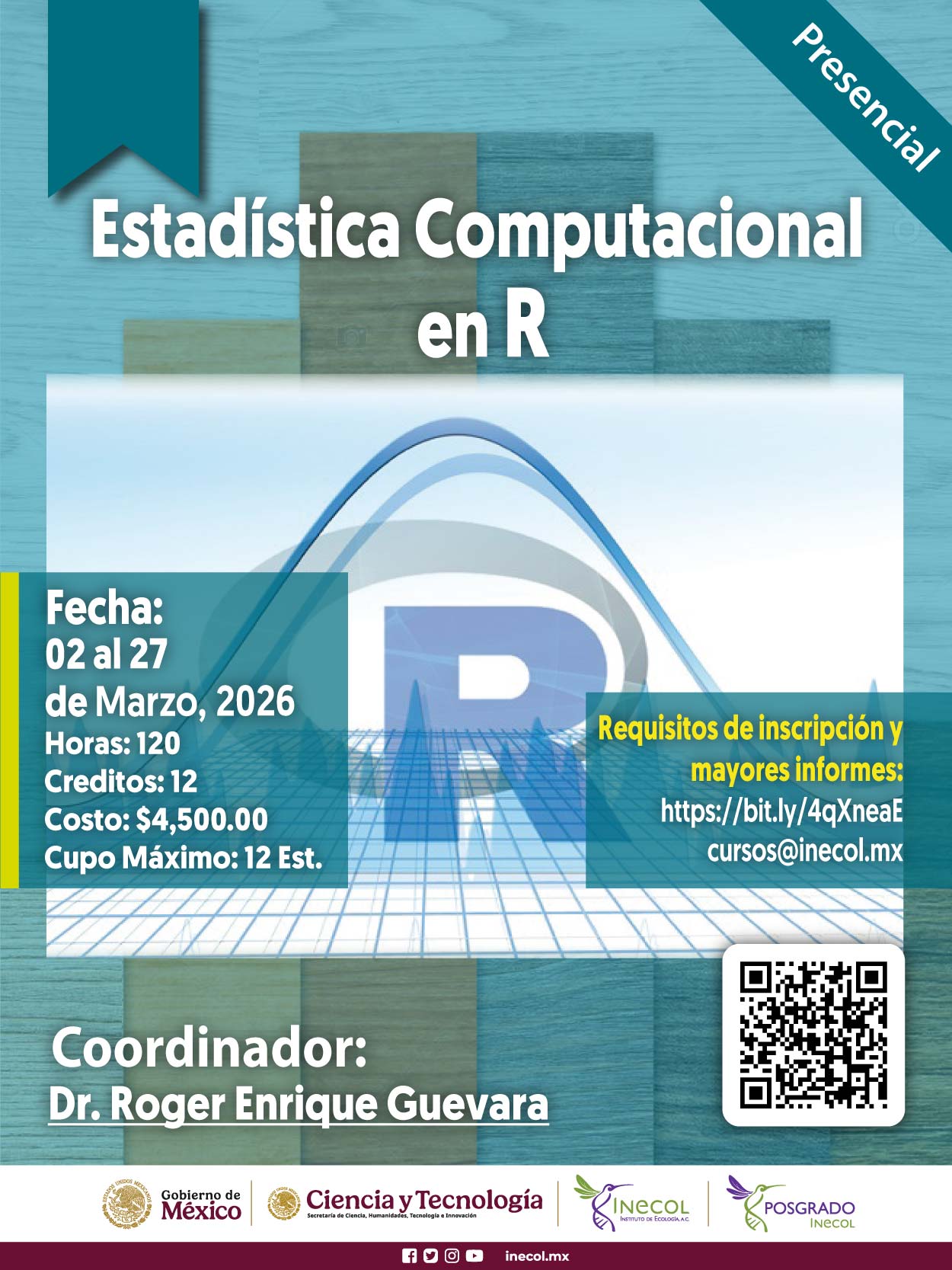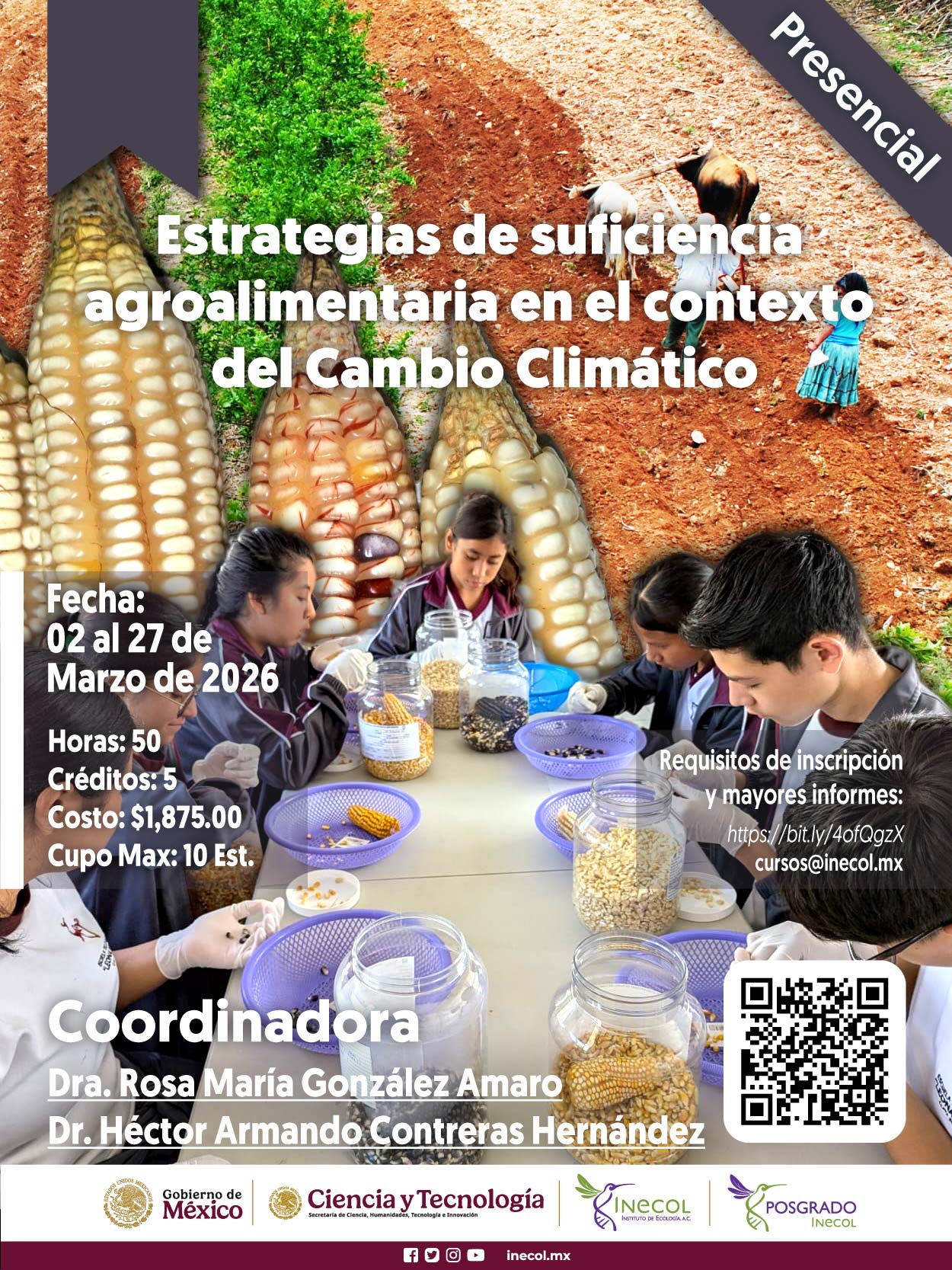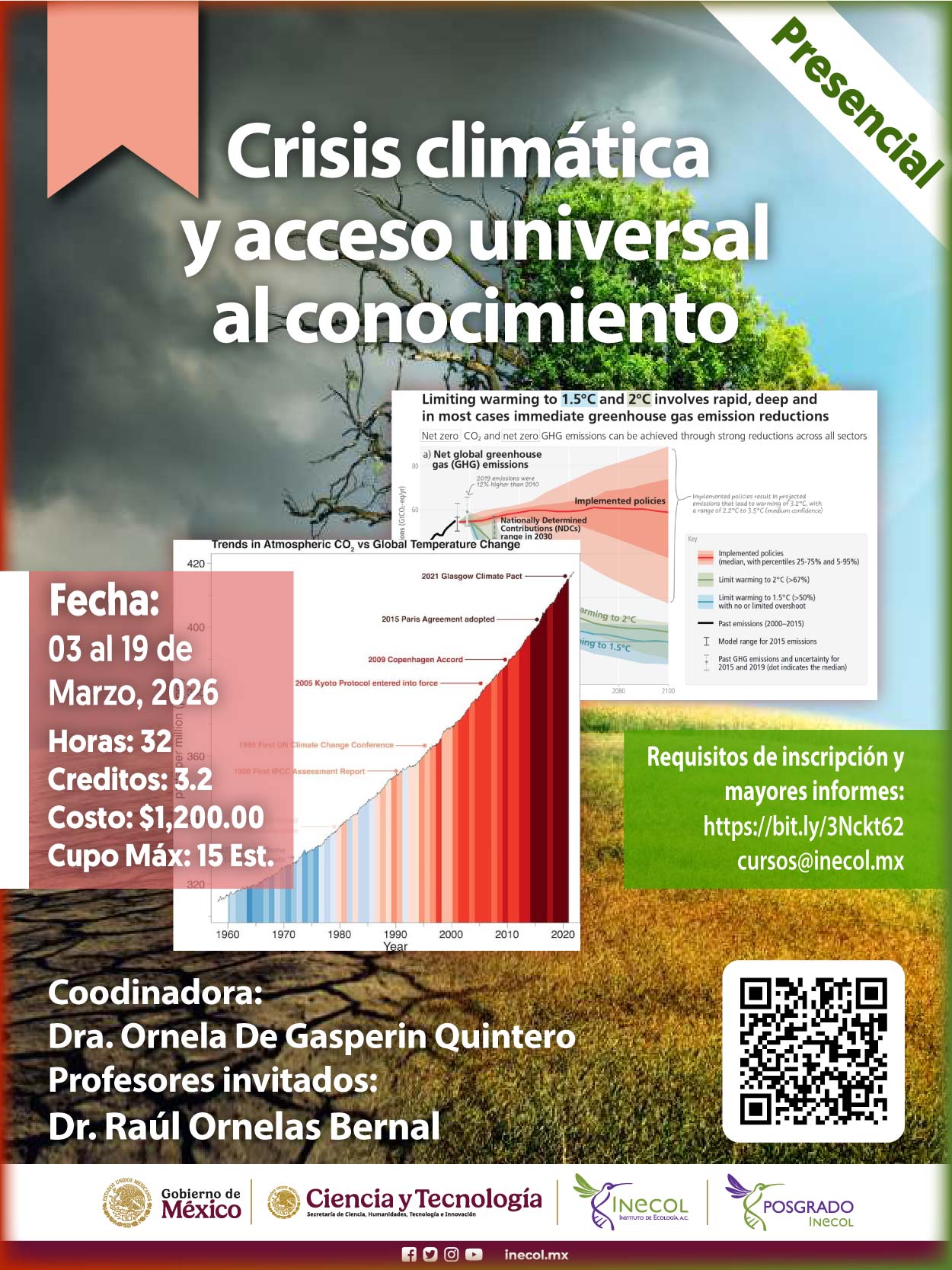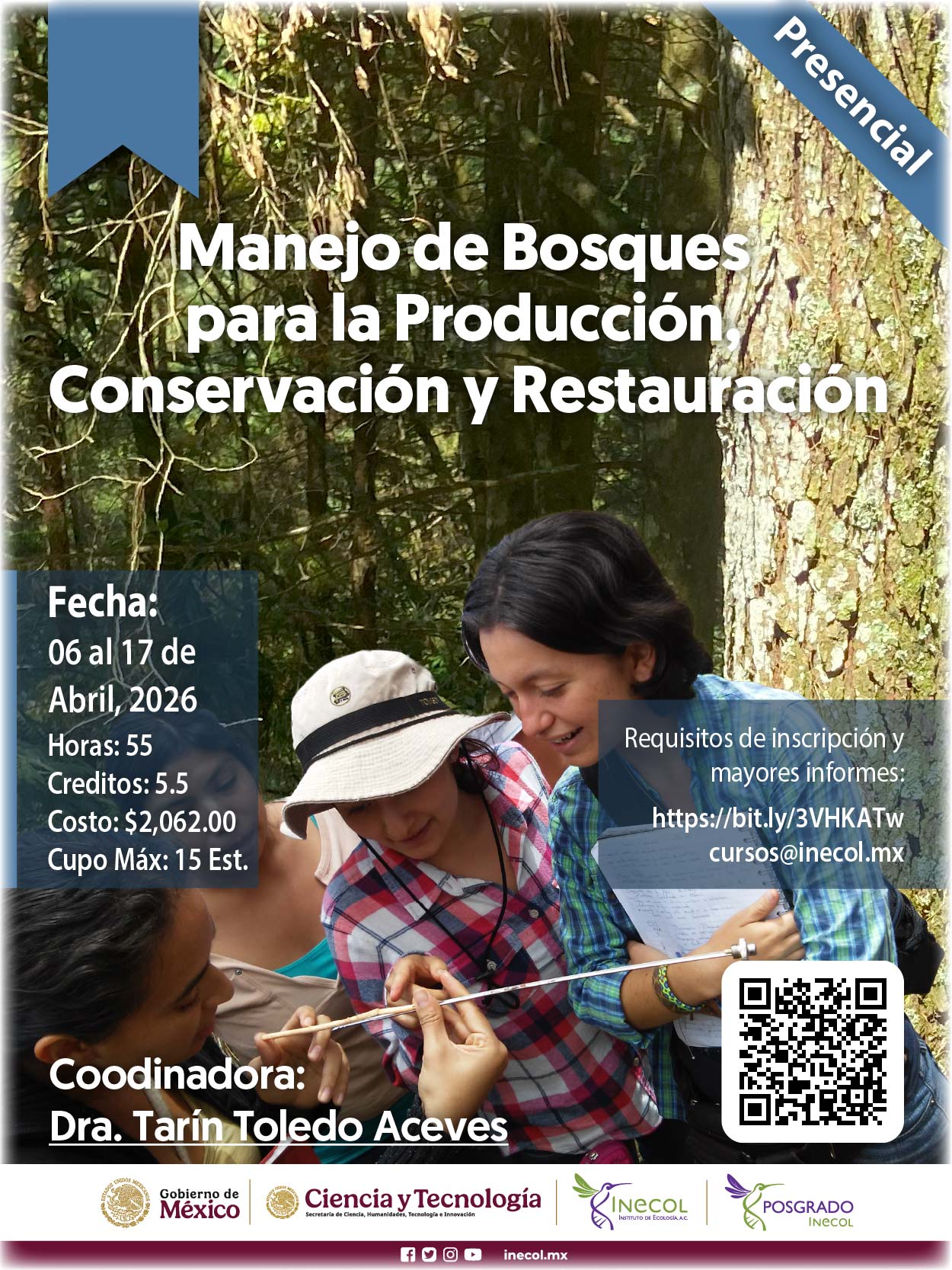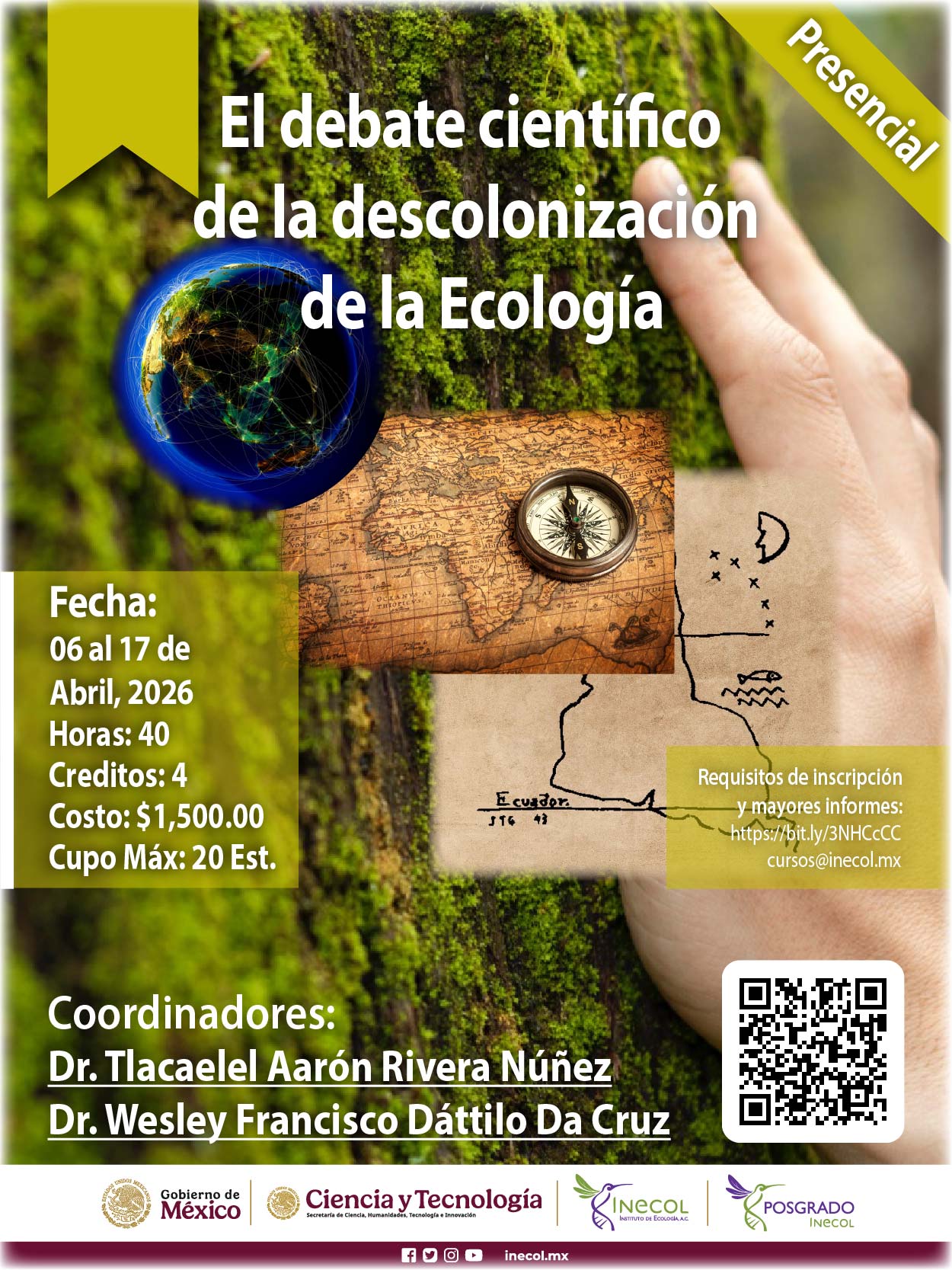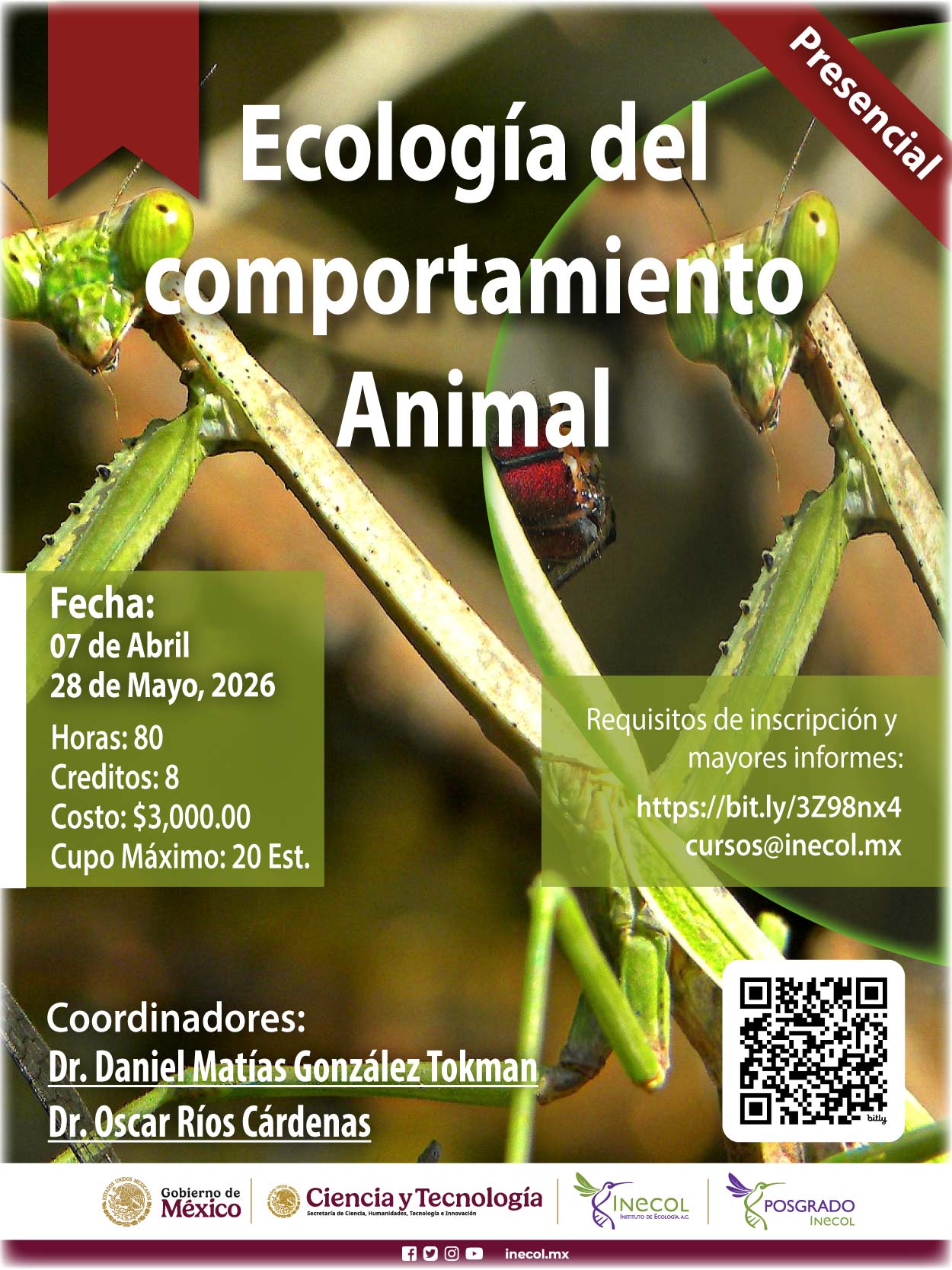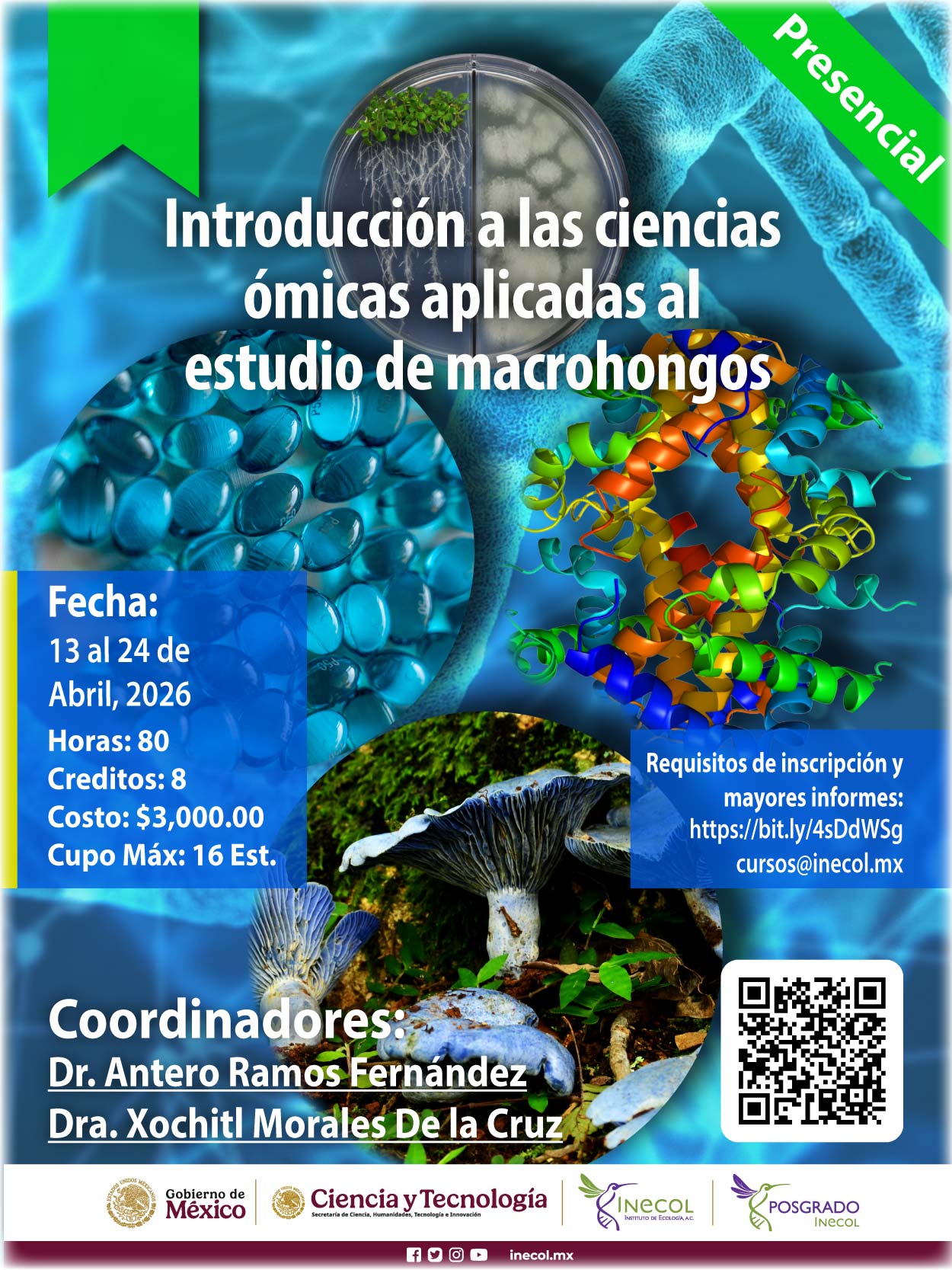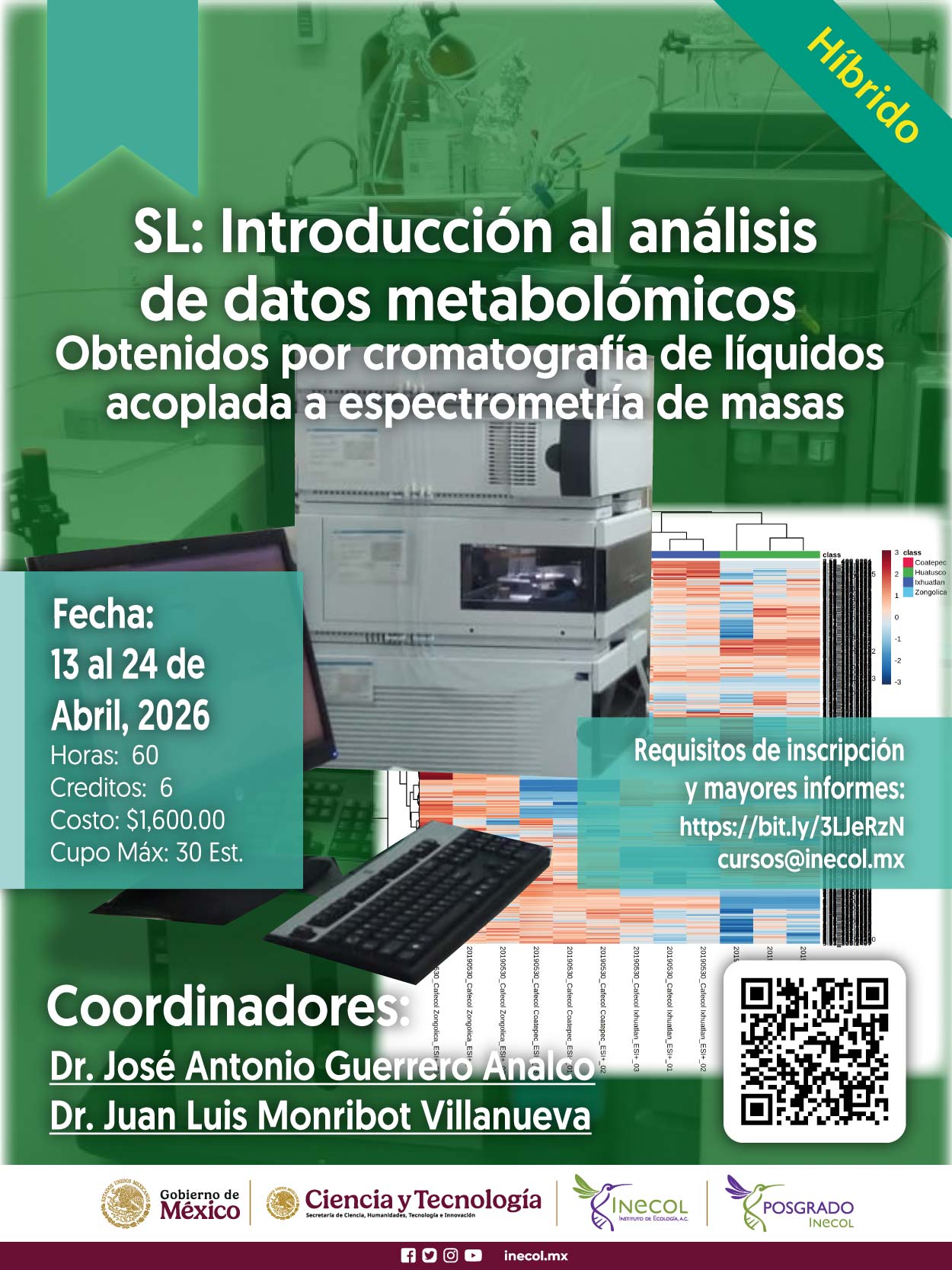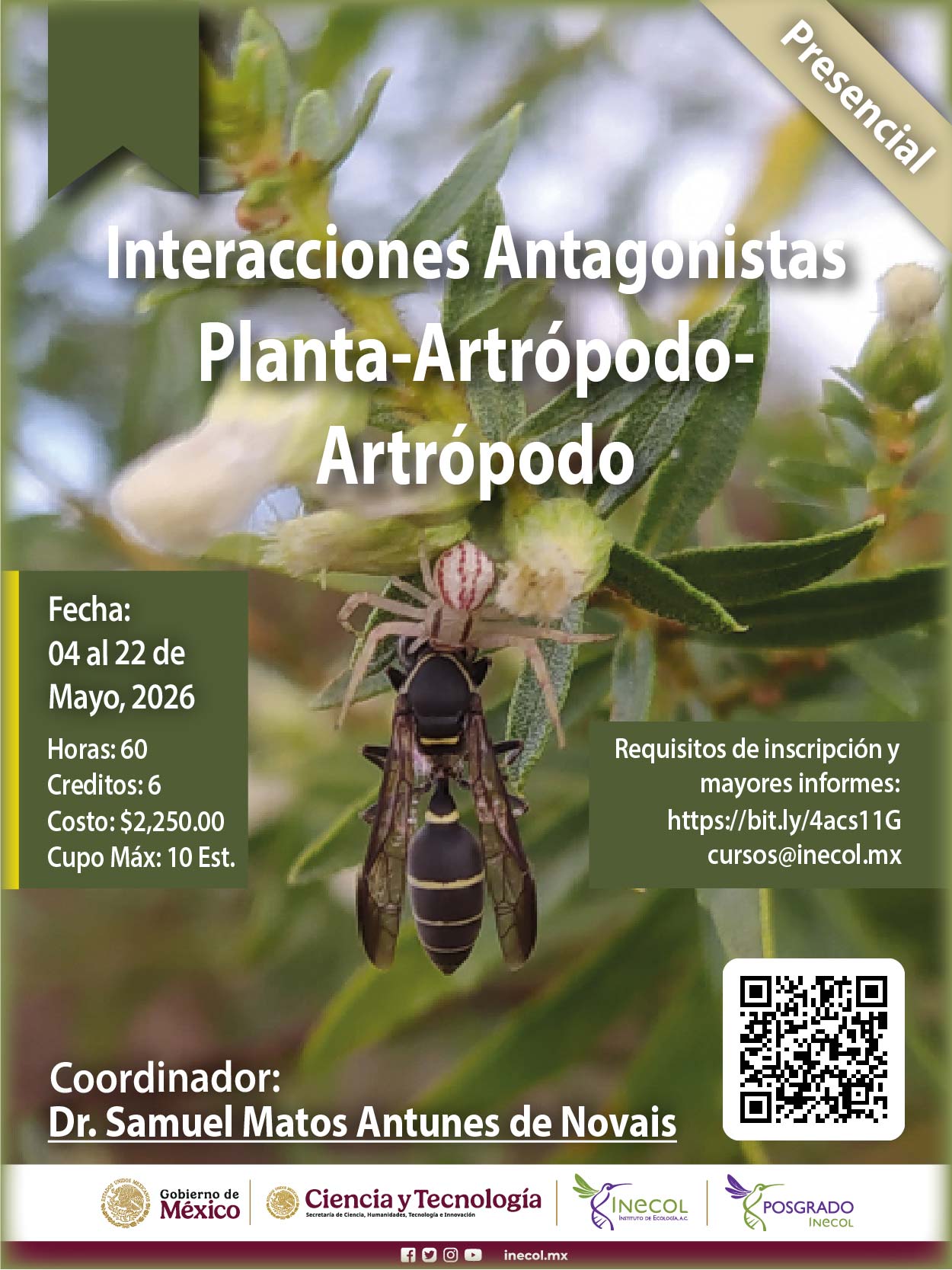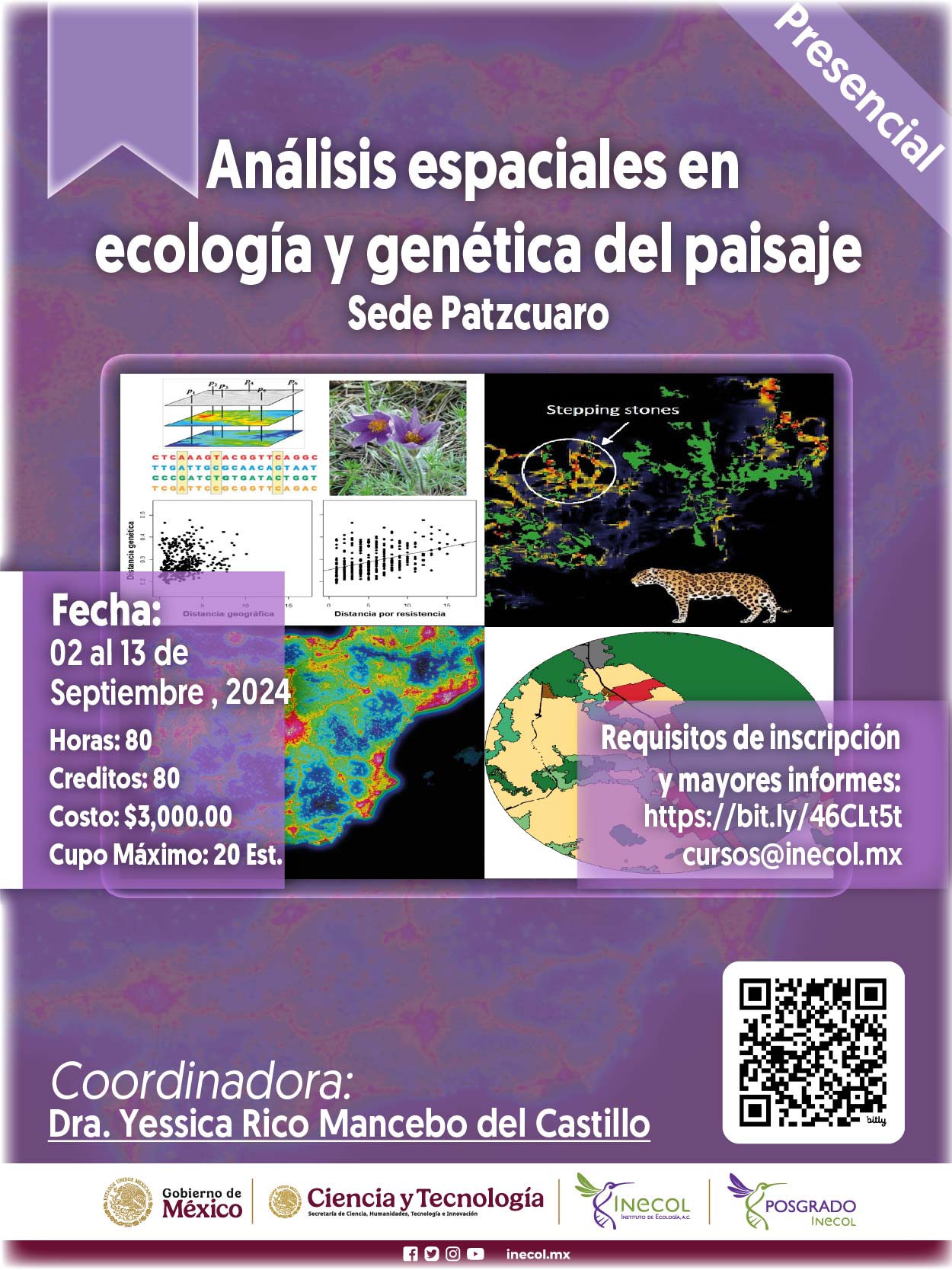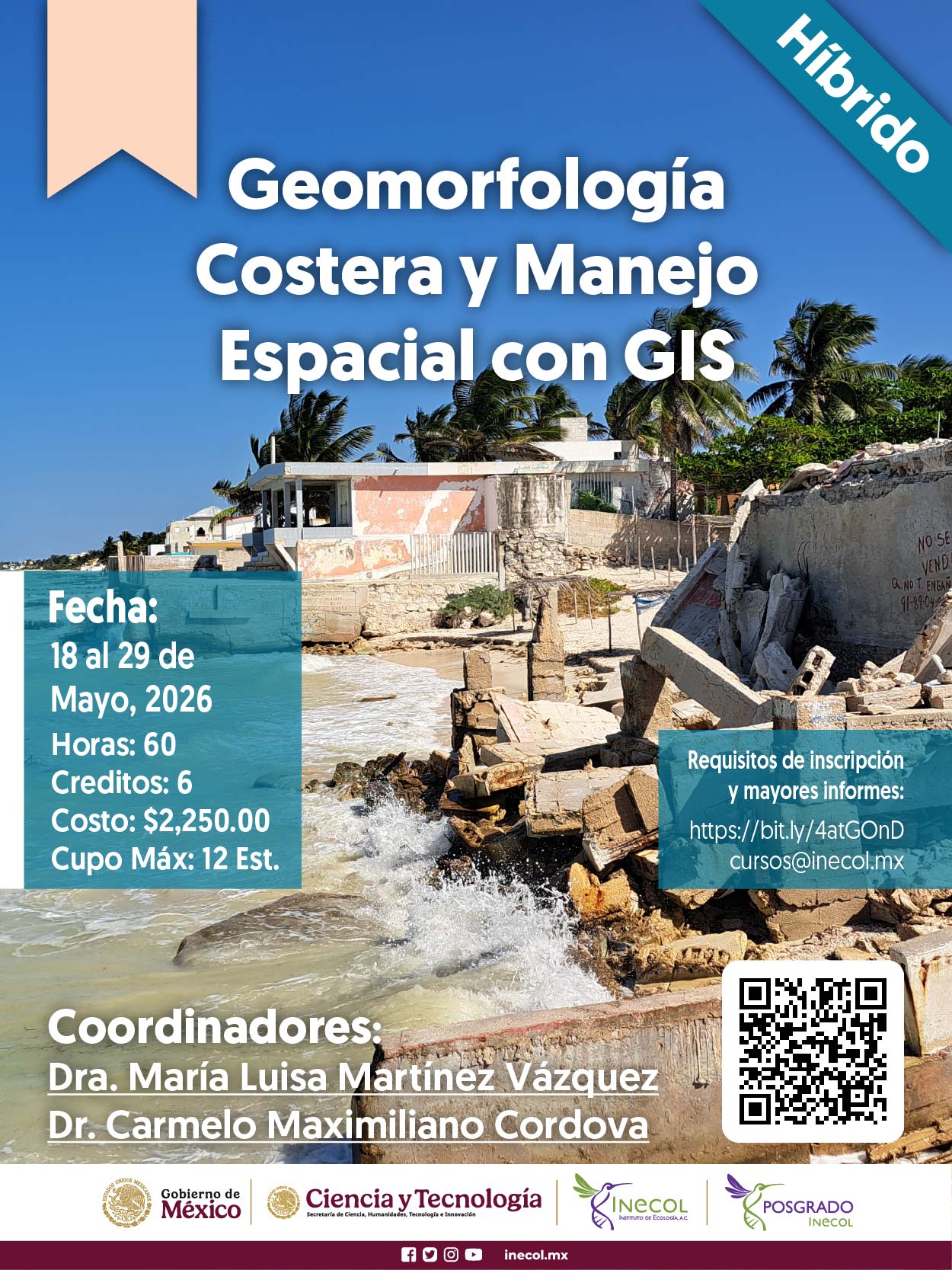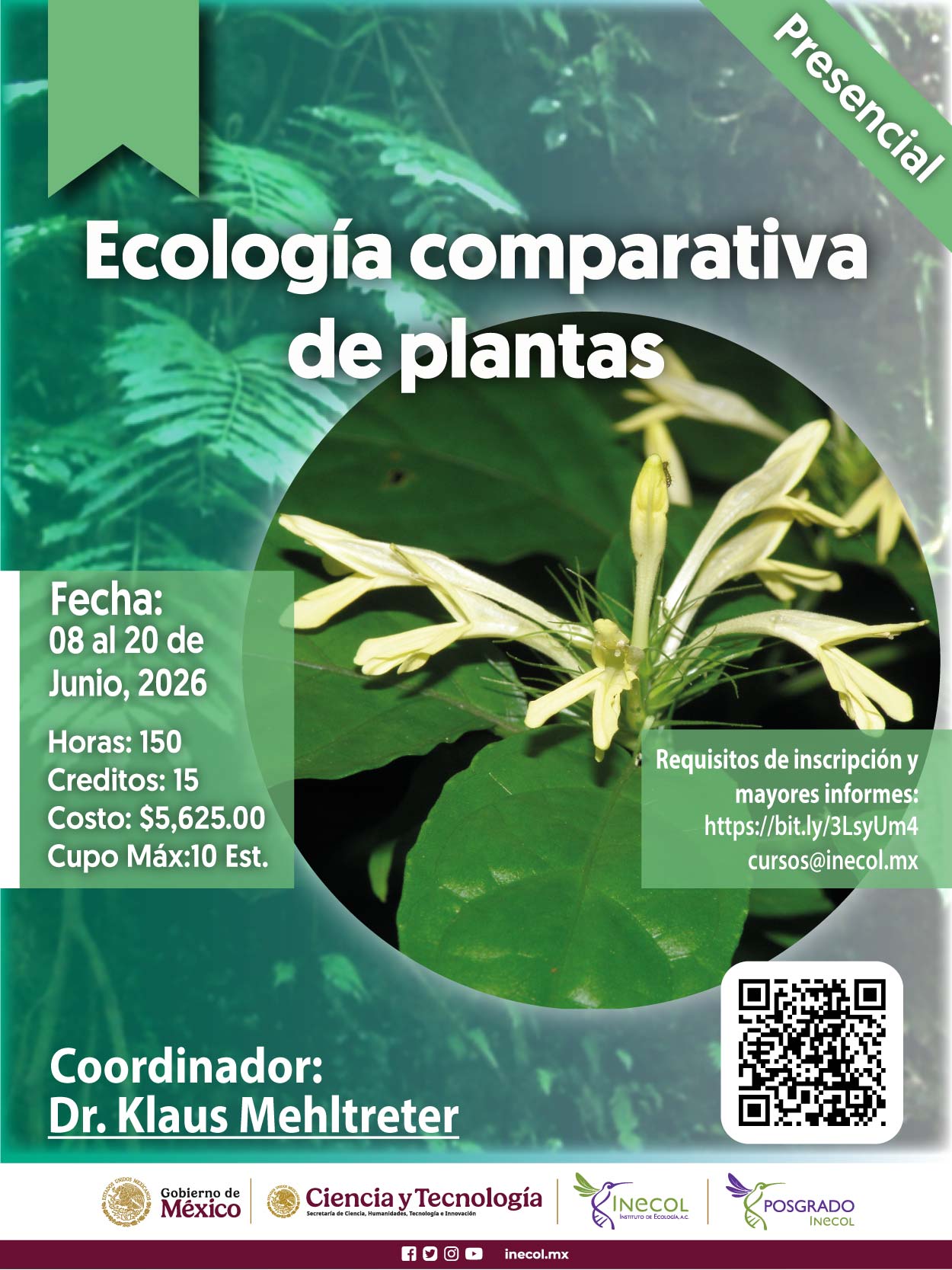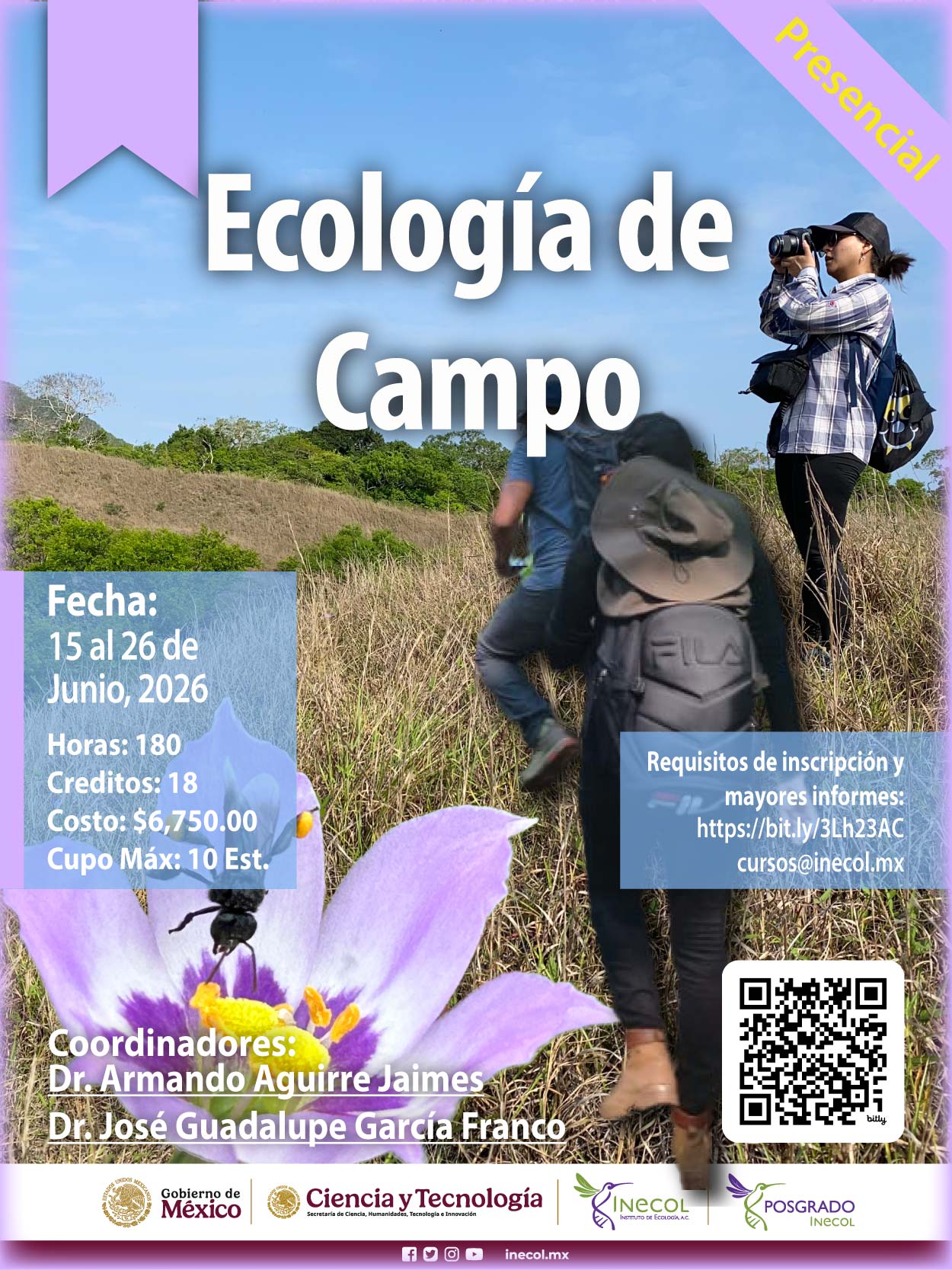La ciencia es clara, y ha sido clara por décadas. Las actividades humanas [...] han inequívocamente calentado el planeta (IPCC, AR6). Según el sexto y último reporte del Panel Intergubernamental de Expertos del Cambio Climático de las Naciones Unidas (IPCC, AR6, 2021-2023), la trayectoria mundial en la que estamos nos llevará a un aumento en la temperatura global promedio de 3.2 °C en relación con niveles preindustriales para finales de siglo (IPCC, AR6, 2021-2023). De continuar en esta trayectoria, entre 3.3 y 3.6 mil millones de personas estarían en situación de alta vulnerabilidad (IPCC, 2022, AR6, WG2, página 12): seres humanos que tendrán que migrar o morir. Según el Banco Mundial (2021), sin medidas para reducir las emisiones globales de gases de efecto invernadero, cerca de 216 millones de personas deberán desplazarse dentro de sus países para 2050. Hoy en día, se estima que más de 30 millones de personas migran ya por la crisis climática cada año (UNRIC, 2023).
Más preocupante es que varios sistemas climáticos globales tienen puntos de inflexión o puntos de quiebre: umbrales que una vez cruzados llevarían a cambios irreversibles en el sistema, aunque se frenara el calentamiento global (IPCC, AR6, 2021-2023). Entre estos sistemas están la muerte regresiva del Amazonas, el derretimiento de varias capas de hielo, y la circulación de vuelco meridional del Atlántico (AMOC, por sus siglas en inglés, una corriente que puede llegar a detenerse, afectando patrones de lluvia globales; OECD, 2022). Según los últimos estimados, varios de los umbrales críticos de estos sistemas están completamente por debajo de esta temperatura proyectada por el IPCC (3.2 °C), incluidos:
- el colapso de la capa de hielo de Groenlandia (estimado central: 1.5 °C; rango de incertidumbre: 0.8-3 °C),
- el colapso de la capa de hielo del Oeste de la Antártida (estimado central: 1.5 °C; rango de incertidumbre: 1-3 °C),
- la muerte de los arrecifes de coral de baja latitud (estimado central: 1.5 °C; rango de incertidumbre: 1-2 °C),
- la descongelación abrupta del permafrost boreal (estimado central: 2 °C; rango de incertidumbre: 1.5-3 °C),
- la pérdida de glaciares de montaña (estimado central: 1.5 °C; rango de incertidumbre: 0.8-3 °C), y
- la pérdida abrupta del hielo del mar de Barents (estimado central: 1.6 °C; rango de incertidumbre: 1.5-1.7 °C) (Ritche, et al., 2021; OECD, 2022).
Esto quiere decir que la trayectoria actual virtualmente asegura cruzar puntos de quiebre de varios sistemas globales climáticos.
El 13 de octubre de 2025 se publicó el reporte 'Global Tipping Points', en donde se concluye que ya se cruzó el punto de inflexión de los arrecifes de Coral.
A pesar del consenso científico, de los múltiples acuerdos tomados a nivel internacional a través de más de tres décadas, y a pesar de las ya 30 Conferencias de las Partes, se han emitido más gases con efecto invernadero en las tres últimas décadas (desde que se tomaron los primeros acuerdos internacionales para prevenir con la interferencia antropogénica peligrosa con los sistemas climáticos del planeta en Convención Marco de las Naciones Unidas sobre el Cambio Climático, en 1992), que en toda la historia humana previa (Stoddard et al., 2021). Y actualmente, la narrativa generalizada se enfoca en soluciones falsas como son los mercados de carbono (que meta-análisis han demostrado ser inútiles; Green, 2021), la ganancia en eficiencia (que puede llevar al efecto rebote), las compensaciones de carbono (más del 94% no compensan emisiones y en general son proyectos dañinos para comunidades locales en el Sur Global; Greenfield, 2023), los BECCs y otras tecnologías de captura de carbono que son inviables y que suelen ignorar otros límites planetarios que serían transgredidos, como la extracción de agua y el cambio de uso de suelo (Smith et al., 2016).
En esta clase, veremos pláticas, lecturas y escucharemos podcasts, todos relacionados con la crisis climática desde una perspectiva histórica, económica, política, y social. Se discutirán cuáles serían soluciones reales a esta crisis (Millward-Hopkins, et al., 2020), y qué podemos hacer para impulsar estos cambios.
La evaluación final se realizará con un proyecto que se lleve a cabo en la sociedad, para llevar el conocimiento a la ciudadanía. Este proyecto está abierto a la creatividad del cuerpo estudiantil, puede ser diseño de videos/infografía para redes sociales, talleres en escuelas/calle, preparación de canciones que transmitan información, preparación y entrega de volanteo de información, o cualquier iniciativa que tenga el cuerpo estudiantil. El propósito final es que el cuerpo estudiantil use el conocimiento que adquiera y lo traduzca a algún sector social no académico.
Temario:
Tema 1. Las bases físicas de la crisis climática
- Los puntos de inflexión o puntos quiebre (tipping elements in the Earth Climatic System)
Videos:
Tim Lenton
https://www.youtube.com/watch?v=_ZrErfqDwTA&t=1940sç
Johan Rockström
https://www.youtube.com/watch?v=Vl6VhCAeEfQ&t=488s&ab_channel=TED
Stefan Rahmstorf
https://x.com/rahmstorf/status/1799048979004678651?s=46
Lecturas recomendadas:
Ritchie, P.D., Clarke, J.J., Cox, P.M. and Huntingford, C., 2021. Overshooting tipping point thresholds in a changing climate. Nature, 592(7855), pp.517-523.
Armstrong McKay, D.I., Staal, A., Abrams, J.F., Winkelmann, R., Sakschewski, B., Loriani, S., Fetzer, I., Cornell, S.E., Rockström, J. and Lenton, T.M., 2022. Exceeding 1.5 C global warming could trigger multiple climate tipping points. Science, 377(6611), p.eabn7950.
- Los límites planetarios (planetary boundaries: el cambio climático es uno de nueve procesos clave del planeta que deben mantenerse por debajo de ciertos umbrales de seguridad)
Video:
Johan Rockström
https://www.youtube.com/watch?v=Vl6VhCAeEfQ&t=512s
Lecturas recomendadas:
Rockström, J., Steffen, W., Noone, K., Persson, Å., Chapin III, F.S., Lambin, E., Lenton, T.M., Scheffer, M., Folke, C., Schellnhuber, H.J. and Nykvist, B., 2009. Planetary boundaries: exploring the safe operating space for humanity. Ecology and Society, 14(2):32.
ONeill, D.W., Fanning, A.L., Lamb, W.F. and Steinberger, J.K., 2018. A good life for all within planetary boundaries. Nature Sustainability, 1(2), pp.88-95.
Tema 2. El avance de la crisis a pesar del consenso científico, ¿por qué no hemos logrado frenar la curva?
Lectura recomendada:
Stoddard, I., Anderson, K., Capstick, S., Carton, W., Depledge, J., Facer, K., Gough, C., Hache, F., Hoolohan, C., Hultman, M. and Hällström, N., 2021. Three decades of climate mitigation: why haven't we bent the global emissions curve? Annual Review of Environment and Resources, 46, pp.653-689.
Tema 3. Los impactos humanos de la crisis climática
Lecturas recomendadas:
Videos:
Segunda parte: https://www.youtube.com/watch?v=fZ3OR252R3E&t=53s
https://www.youtube.com/watch?v=gM8i9D7-Ung&ab_channel=AlJazeeraEnglish
Lecturas recomendadas:
https://www.unicef.org/reports/climate-changed-child
Williams, J., 2021. Climate change is racist: Race, privilege and the struggle for climate justice. Icon Books.
IPCC, 2022: Climate Change 2022: Impacts, Adaptation and Vulnerability. Contribution of Working Group II to the Sixth Assessment Report of the Intergovernmental Panel on Climate Change [H.-O. Pörtner, D.C. Roberts, M. Tignor, E.S. Poloczanska, K. Mintenbeck, A. Alegría, M. Craig, S. Langsdorf, S. Löschke, V. Möller, A. Okem, B. Rama (eds.)]. Cambridge University Press. Cambridge University Press, Cambridge, UK and New York, NY, USA, 3056 pp., doi:10.1017/9781009325844.
https://www.ipcc.ch/report/sixth-assessment-report-working-group-ii/
Tema 4: La crisis climática desde una visión de responsabilidad histórica internacional:
Videos:
-Por qué hay países ricos (minuto 11-38): https://www.youtube.com/watch?v=7fneZjgN7xQ&t=367s
-Pobreza (Hickel, hasta el minuto 11): https://www.youtube.com/watch?v=IZHZbGb3PUA&t=22s
-La crisis climática desde una visión de responsabilidad histórica internacional:
https://www.youtube.com/watch?v=QXY5Z-w_Ul4&t=1386s (una hora)
https://www.youtube.com/watch?v=iTTdTOomqTA&ab_channel=ScientistRebellion
https://www.youtube.com/watch?v=NM1VJ8SwSuM&t=20s&ab_channel=TheSustainableCompaniesProject
Lecturas recomendadas:
Fanning, A.L. and Hickel, J., 2023. Compensation for atmospheric appropriation. Nature Sustainability, 6(9), pp.1077-1086.
Hickel, J., 2020. Quantifying national responsibility for climate breakdown: an equality-based attribution approach for carbon dioxide emissions in excess of the planetary boundary. The Lancet Planetary Health, 4(9), pp.e399-e404.
Hickel, J., ONeill, D.W., Fanning, A.L. and Zoomkawala, H., 2022. National responsibility for ecological breakdown: a fair-shares assessment of resource use, 19702017. The Lancet Planetary Health, 6(4), pp.e342-e349.
Escuchar:
-https://citationsneeded.medium.com/episode-58-the-neoliberal-optimism-industry-and-development-shaming-the-global-south-cf399e88510e
-https://citationsneeded.libsyn.com/episode-146-bill-gates-bono-and-the-limits-of-world-bank-and-imf-approved-celebrity-activism
-https://citationsneeded.medium.com/news-brief-quantifying-the-medias-selective-humanity-in-gaza-defc0cdb9137
Tema 5: La crisis climática desde una visión de responsabilidad socioeconómica:
Videos:
https://www.youtube.com/watch?v=IDerzS-Sdfs&ab_channel=Norad
https://www.youtube.com/watch?v=_kvKknzofTw&ab_channel=BjulandProductions
Lecturas recomendadas:
Wiedmann, T., Lenzen, M., Keyßer, L.T. and Steinberger, J.K., 2020. Scientists warning on affluence. Nature Communications, 11(1), p.3107.
Otto, I.M., Kim, K.M., Dubrovsky, N. and Lucht, W., 2019. Shift the focus from the super-poor to the super-rich. Nature Climate Change, 9(2), pp.82-84.
Wollburg, P., Hallegatte, S. and Mahler, D.G., 2023. Ending extreme poverty has a negligible impact on global greenhouse gas emissions. Nature, 623(7989), pp.982-986.
Nielsen, K.S., Nicholas, K.A., Creutzig, F., Dietz, T. and Stern, P.C., 2021. The role of high-socioeconomic-status people in locking in or rapidly reducing energy-driven greenhouse gas emissions. Nature Energy, 6(11), pp.1011-1016.
Chancel, Lucas, Philipp Bothe, and Tancrède Voituriez. Climate inequality report 2023, Fair taxes for a sustainable future in the global South. Diss. World Inequality Lab (WIL), 2023.
Christensen, M.B., Hallum, C., Maitland, A., Parrinello, Q. and Putaturo, C., 2023. Survival of the Richest: How we must tax the super-rich now to fight inequality. https://policy-practice.oxfam.org/resources/survival-of-the-richest-how-we-must-tax-the-super-rich-now-to-fight-inequality-621477/
Tema 6. El rol de las empresas fósiles con fines de lucro en la crisis climática.
Videos:
Merchants of doubt: https://www.youtube.com/watch?v=GXRuxuTyrxo
Medios y la crisis climática: https://www.youtube.com/watch?v=MHMarTsZS3w&t=38s
Red Atlas (minute 23 en adelante): https://www.youtube.com/watch?v=-zzwYlljwIQ
The corporation: https://www.youtube.com/watch?v=dpjypnxnS4U
The new corporation: https://www.youtube.com/watch?v=qorqTW-BKdI
The true cost: https://youtube.com/watch?v=rwp0Bx0awoE
Justicia: https://www.youtube.com/watch?v=UZk4Xjn6tEY&t=8s&ab_channel=Planet%3ACritical
Escuchar citations needed: https://citationsneeded.medium.com/episode-189-prageru-the-product-of-his-time-defense-and-the-white-guilt-amelioration-industrial-c1d4cb279543
Lecturas recomendadas:
Supran, G. and Oreskes, N., 2017. Assessing ExxonMobils climate change communications (19772014). Environmental research letters, 12(8), p.084019.
Supran, G., Rahmstorf, S. and Oreskes, N., 2023. Assessing ExxonMobils global warming projections. Science, 379(6628), p.eabk0063.
Tema 7. ¿Por qué los medios no cubren correctamente la crisis climática?
Videos:
Manufacturando consentimiento (Al Jazeera): https://www.youtube.com/watch?v=pf-tQYcZGM4
Manufacturando consentimiento (Jacobin): https://www.youtube.com/watch?v=-z_4HdnUdHA&t=244s
Manufacturando consentimiento (Chomsky): https://www.youtube.com/watch?v=h2OhID5pFfg
Lecturas recomendadas:
Oreskes, N. and Conway, E.M., 2010. Defeating the merchants of doubt. Nature, 465(7299), pp.686-687.
Sherry, T.W., 2011. Merchants of Doubt: How a Handful of Scientists Obscured the Truth on Issues from Tobacco Smoke to Global Warming.
Herman, E.S. and Chomsky, N., Manufacturing consent.
Tema 8. Las bases económicas de la crisis climática
Videos:
Crecimiento económico (Hickel): https://www.youtube.com/watch?v=KLiXmteCvUI&list=PLzGHKb8i9vTzRKnjR5JDlXQPkiGe2Gjd5&index=7&t=522s
Matt Kennard: https://www.youtube.com/watch?v=zsrP162n1S4
Complejo Industrial militar:
https://www.youtube.com/watch?v=RFjAjO0dl3M&list=PLzGHKb8i9vTzRKnjR5JDlXQPkiGe2Gjd5&index=6&t=140s
Ha-Joon Chang: https://www.youtube.com/watch?v=qaNTRFOkp0Q&list=PLmtuEaMvhDZbNVIDHA-MTVH0sLb5HP7Pn&ab_channel=NewEconomicThinking
Deudas: david graeber https://www.youtube.com/watch?v=CZIINXhGDcs&t=155s&ab_channel=TalksatGoogle
Keen: https://www.youtube.com/watch?v=CmD79GNVPNs&t=486s&ab_channel=ExtinctionRebellion%28XR%29UK
Lecturas recomendadas:
Keen, S., 2022. The appallingly bad neoclassical economics of climate change. In Economics and Climate Emergency (pp. 79-107). Routledge.
Fremstad, A. and Paul, M., 2022. Neoliberalism and climate change: How the free-market myth has prevented climate action. Ecological Economics, 197, p.107353.
https://unctad.org/publication/world-of-debt
https://www.debtforclimate.org/faq
https://www.fossilbanks.org/
Tema 9. Soluciones falsas
Videos:
Carbon offsets (AlJazeera): https://www.youtube.com/watch?v=NXjd9Lm8BTk&t=1219s
Emisiones negativas:
https://www.youtube.com/watch?v=lLq8e73-FAw&t=2226s
https://www.youtube.com/watch?v=gBXh-BAWK40&ab_channel=NTNUUndervisning
Reciclaje (AlJazeera):
https://www.youtube.com/watch?v=F55pilg_Xck&list=PLzGHKb8i9vTzRKnjR5JDlXQPkiGe2Gjd5&index=8&t=2s
Tecno-optimismo (AlJazeera):
https://www.youtube.com/watch?v=2zN2uycYcF0&list=PLzGHKb8i9vTzRKnjR5JDlXQPkiGe2Gjd5&index=10&t=182s
Ciudades verdes (AlJazeera):
https://www.youtube.com/watch?v=sHoneAmq8ak&list=PLzGHKb8i9vTzRKnjR5JDlXQPkiGe2Gjd5&index=8
Límites de la energía limpia, Simon Michaux: https://www.youtube.com/watch?v=pwmygkdoGgc&t=517s
Lecturas recomendadas:
Green, J.F., 2021. Does carbon pricing reduce emissions? A review of ex-post analyses. Environmental Research Letters, 16(4), p.043004.
West, T.A., Wunder, S., Sills, E.O., Börner, J., Rifai, S.W., Neidermeier, A.N., Frey, G.P. and Kontoleon, A., 2023. Action needed to make carbon offsets from forest conservation work for climate change mitigation. Science, 381(6660), pp.873-877.
Hickel, J. and Kallis, G., 2020. Is green growth possible?. New political economy, 25(4), pp.469-486.
Vogel, J. and Hickel, J., 2023. Is green growth happening? An empirical analysis of achieved versus Paris-compliant CO2GDP decoupling in high-income countries. The Lancet Planetary Health, 7(9), pp.e759-e769.
Anderson, K. and Peters, G., 2016. The trouble with negative emissions. Science, 354(6309), pp.182-183.
Hickel, J., 2019. The limits of clean energy. Foreign Policy, 6.
Buller, A., 2022. The value of a whale: On the illusions of green capitalism. Manchester University Press.
Tema 10. Soluciones reales
Videos:
https://www.youtube.com/watch?v=isjWWCRBJBk&t=1637s&ab_channel=Planet%3ACritical
Lecturas recomendadas:
Millward-Hopkins, J., Steinberger, J.K., Rao, N.D. and Oswald, Y., 2020. Providing decent living with minimum energy: A global scenario. Global Environmental Change, 65, p.102168.
Slamerak, A., Kallis, G., ONeill, D.W. and Hickel, J., 2024. Post-growth: A viable path to limiting global warming to 1.5° C. One Earth, 7(1), pp.44-58.
Tema 11. ¿Cómo podemos impulsar soluciones reales?
Steinberger, J. 2024. What we are up against
https://jksteinberger.medium.com/what-we-are-up-against-2290ba8c4b5c
Steinberger, J. An Audacious Toolkit: Actions Against Climate Breakdown (Part 1: A is for Advocacy):
https://jksteinberger.medium.com/an-audacious-toolkit-actions-against-climate-breakdown-part-1-a-is-for-advocacy-7baa108f00e9
Dablander, F., Sachisthal, M., Cologna, V., Strahm, N., Bosshard, A., Grüning, N.M., Green, A., Brick, C., Aron, A. and Haslbeck, J., 2024. Going Beyond Research: A Large-scale Investigation of Climate Change Engagement by Scientists (No. EGU24-9536). Copernicus Meetings.

